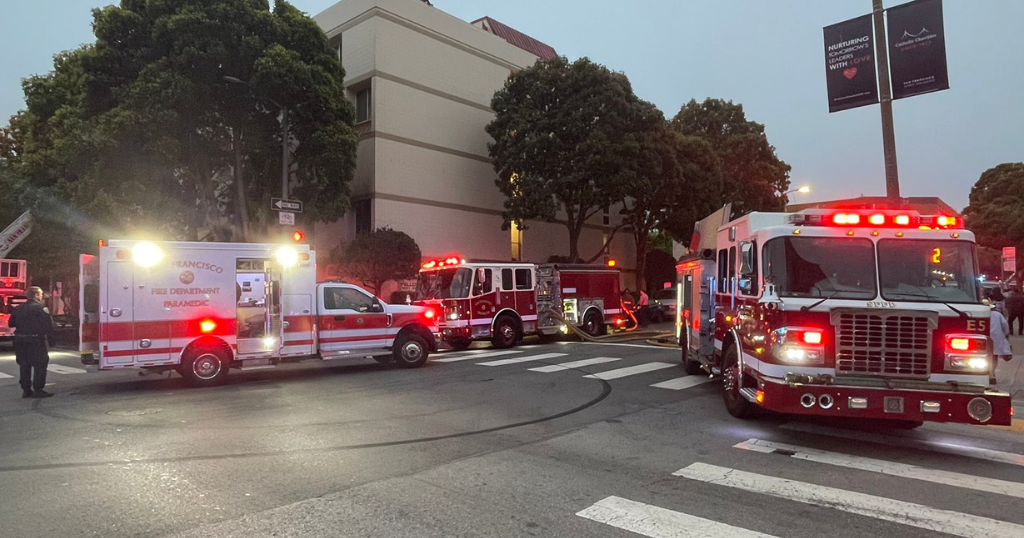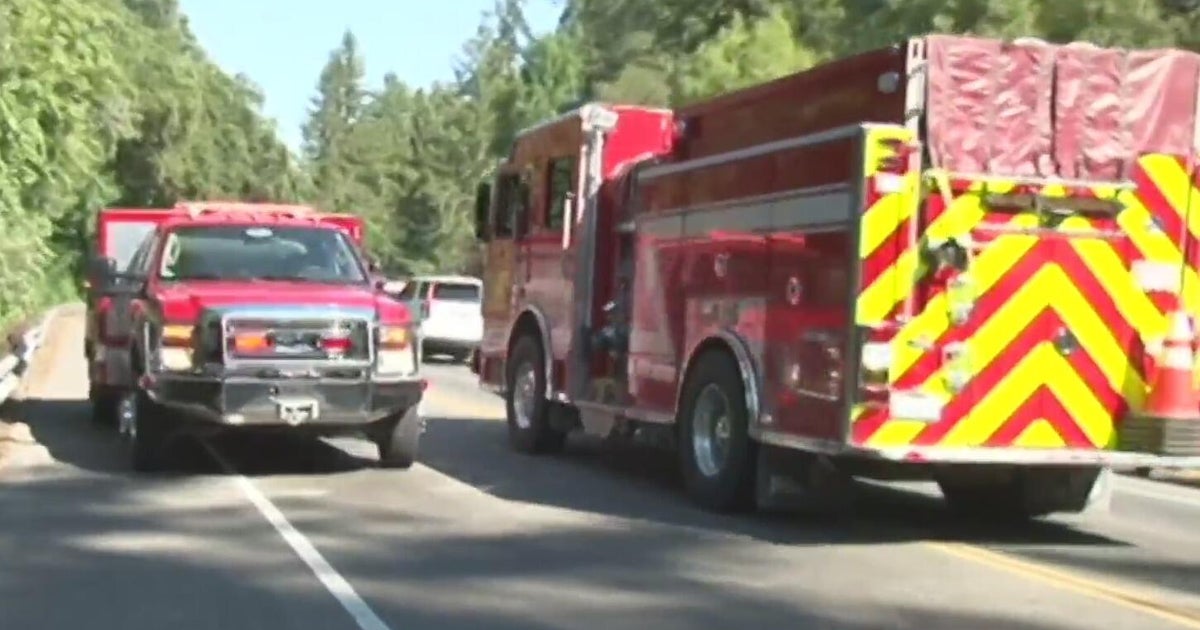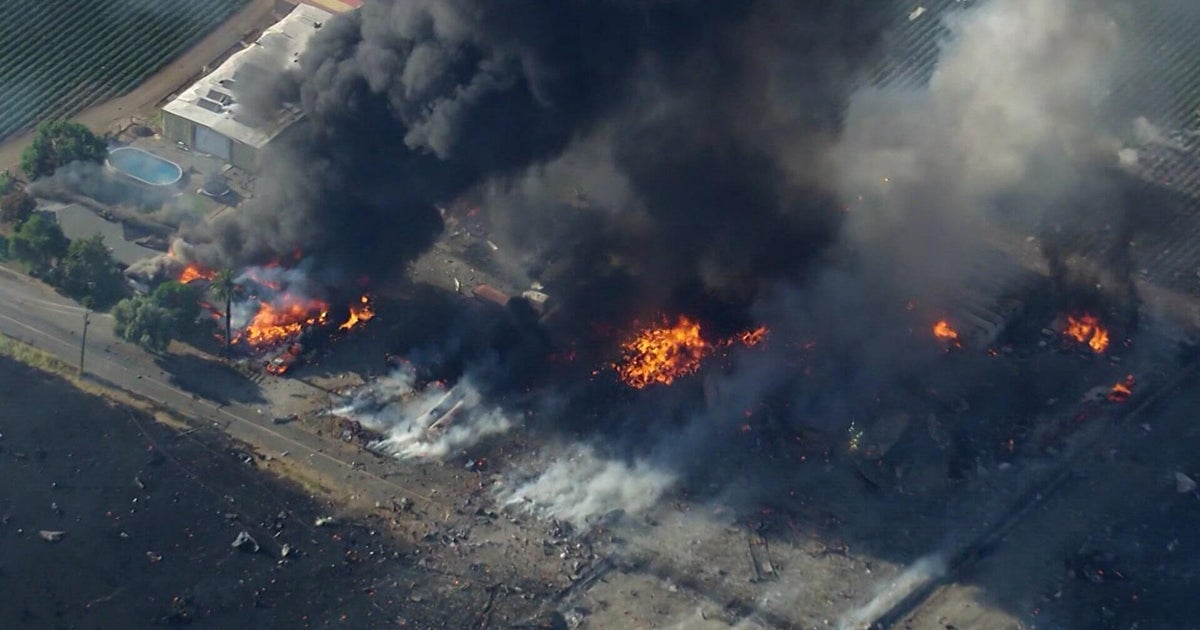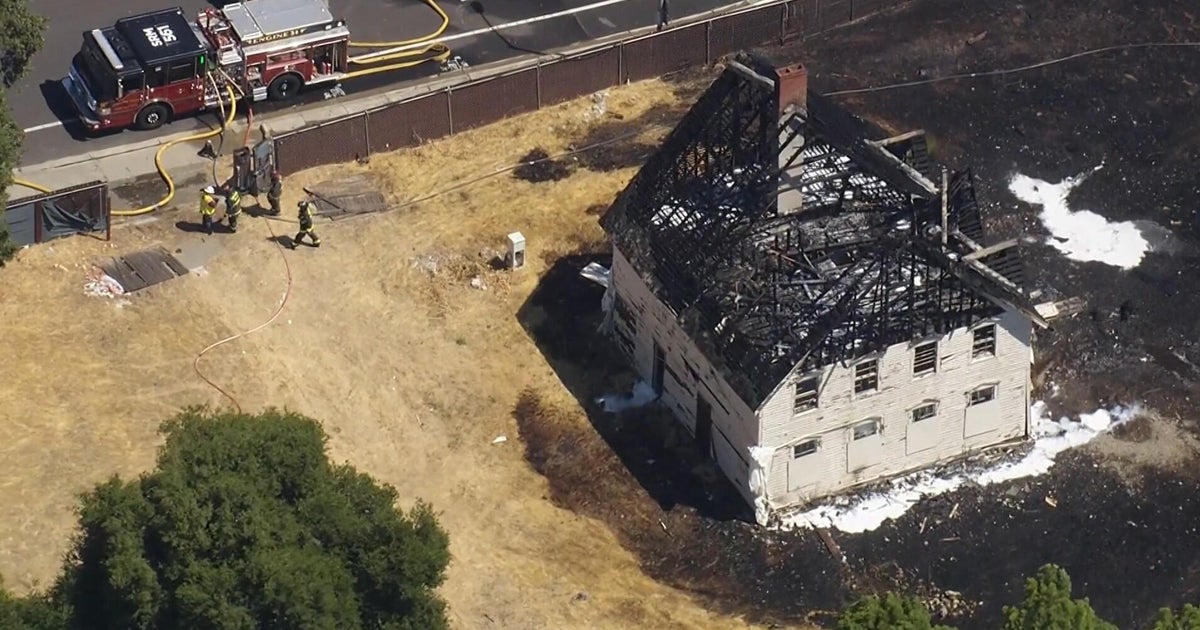'Black Box' In Newer Cars Raises Privacy Concerns For Some
SAN FRANCISCO (CBS 5) - A new law already approved by the Senate will make event data recorders - often referred to as "black boxes" - mandatory in new cars. But what will likely surprise a lot of car owners, and unnerve those concerned about digital privacy, is that box is probably already there.
When San Francisco Police Officer Nick Birco was killed in 2006 by suspected robbers fleeing in a stolen van, it wasn't immediately clear if he moved his cruiser into their path. But to SFPD Captain Daniel Mahoney, it was as simple as black and white.
"When the vehicle was struck it was at a complete stop," Mahoney said confidently. It was six years later, and the case was finished in the courts.
Mahoney is Captain at Ingleside Station, but he's also a crash reconstruction expert who uses electronic data recorders to determine exactly what has happened when vehicles collide.
"Some cases I can get up to five seconds of pre-crash data, meaning what has been recorded five seconds prior to the deployment of the airbag, or the airbag module waking up and thinking it has to deploy," Mahoney explained.
If your car has an airbag, it already has the module that can house a data recorder. You won't see the device - it's not meant to be accessible. But by law, the owner's manual has to tell you it's there.
To download the data, you have to use software and hardware plugged into the same port your mechanic would use to diagnose engine trouble.
"It tells me whether the brake circuit is on, it tells me the percentage of throttle," Mahoney said. "So as a reconstructionist, I'm going to look and see what that person's feet are doing - are they on the brake? Are they on the gas?"
In addition to percentage of gas and brake power, the recorder can show the car's speed, the change of speed at the crash, the time it took the airbag to deploy, the number of impacts, and even whether the driver's seat belt was engaged. And it's those personal details that trouble people with privacy concerns. For them, information privacy expert Jennifer King has some advice:
"Don't own a cell phone," she laughed. "(It) probably tracks far more information than these recorders do."
In fact, the data recorders don't even use GPS - so they don't know where you are. And they're not transmitting any information out wirelessly.
"Someone would have to actually physically come to your car and download that data to get it off," King said.
California state law says you own that data. Anyone else who wants it has to have your permission, or a court order. A bill passed recently by the US Senate would make that the federal standard.
"We take it by consent of the owner of the vehicle or through a court order, a search warrant, where a judge authorizes us to do so. Other than that we would never do it," Mahoney said.
Some insurance companies are requiring policy holders to agree in advance to surrender the data. In the case of Officer Birco's death, the event data recorder that provided the crucial details came from the police car. The driver of the stolen van, Steven Petrilli, went on trial.
"The download that I was able to show in court that the when the vehicle was struck it was at a complete stop," Mahoney said "And apparently the jury agreed because Mr. Petreilli was convicted."
The federal law to require event data recorders in cars is working its way through house committees.
More information from the Insurance Institute for Highway Safety on electronic data recorders.
http://thomas.loc.gov/cgi-bin/query/z?c112:S.1813.ES:
(Copyright 2012 by CBS San Francisco. All Rights Reserved. This material may not be published, broadcast, rewritten, or redistributed.)



